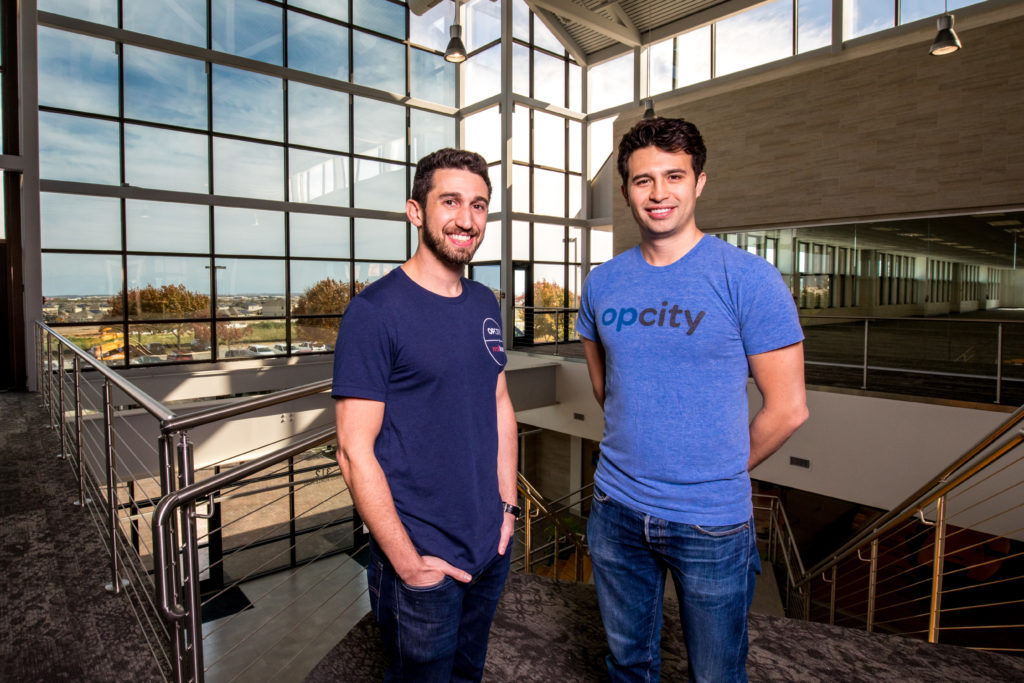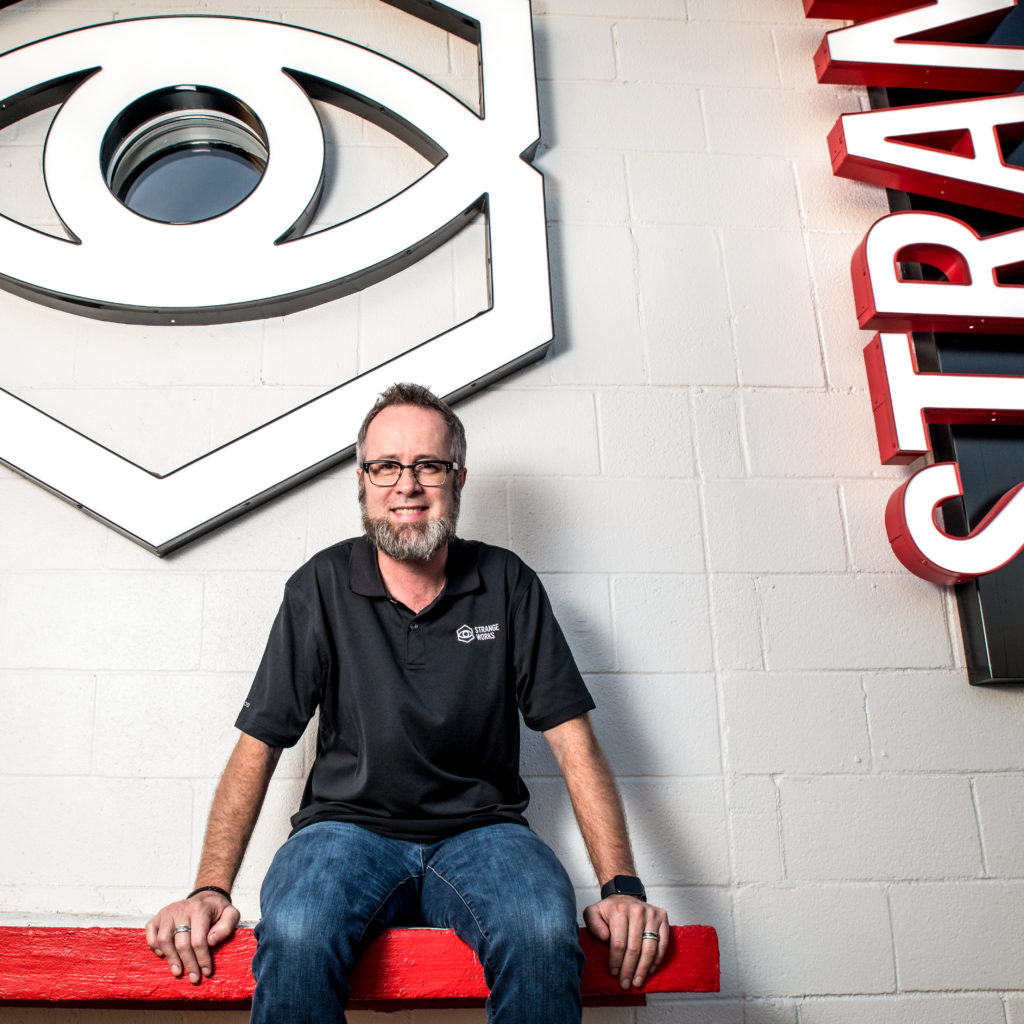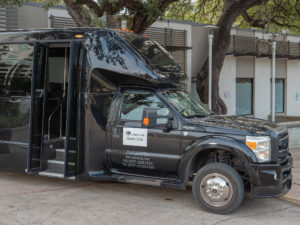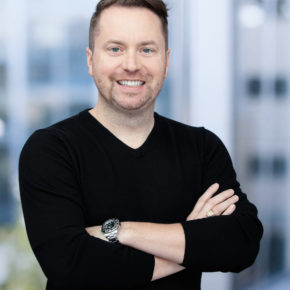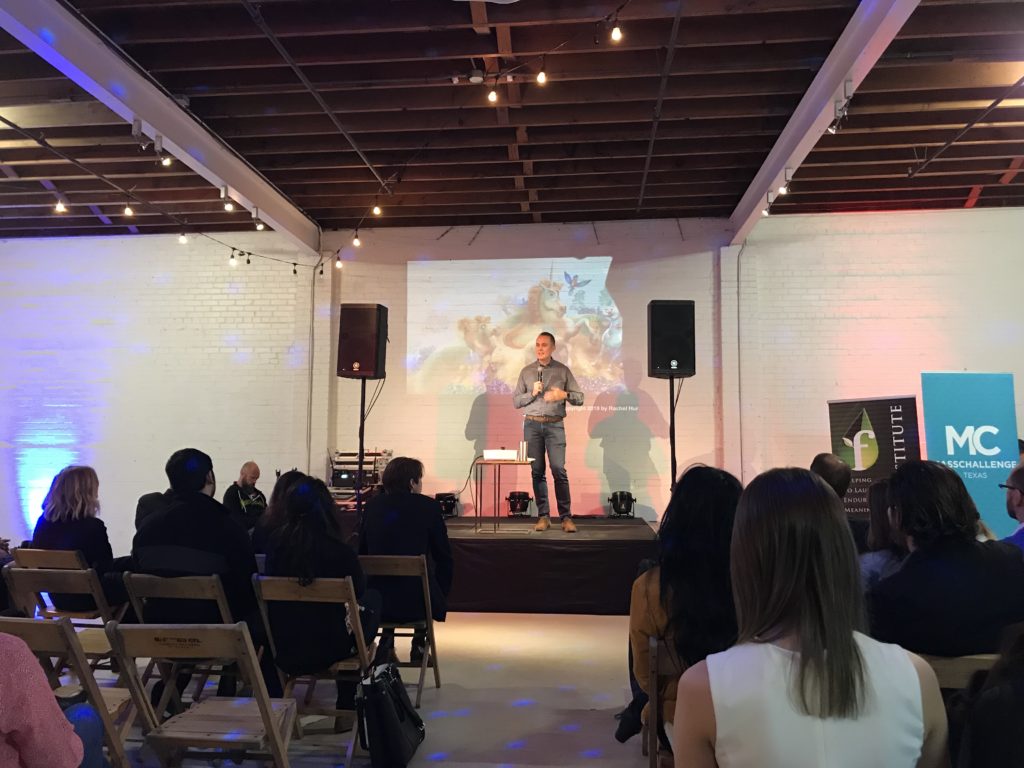
By LAURA LOREK
Publisher of Silicon Hills News
The Founder Institute opened in Austin a little over a year ago and has already graduated three classes and helped dozens of entrepreneurs.
Martin Martinez, managing director, joined with fellow directors Elisa Sepulveda and Paul O’Brien to launch Founder Institute Austin.
They thought Austin needed more founders and they wanted to provide them with a jumpstart on their entrepreneurial journey, Martinez said. The program, which lasts four months and provides information on how to start and scale a company, takes place at Galvanize, which is a sponsor.
“We do this because we believe in this,” Martinez said.
Founder Institute is a global organization with the mission of teaching entrepreneurs how to succeed. At the event, Martinez recognized the mentors and guest speakers that helped the entrepreneurs throughout the process.
On Thursday night, six founders graduated from the program’s third cohort during a special event at the Native Hostel. For the latest session, Founder Institute Austin received 91 applications of which 52 were accepted and 24 enrolled and six made it all the way through, Martinez said.
Martinez also announced Founder Institute is branching out statewide and is accepting applications now for its Houston program which will kick off this Spring.
The graduation event featured a keynote talk from Austin Serial Entrepreneur Brett Hurt, founder of Data.World.
Hurt kicked off his talk by reading Theodore Roosevelt’s “Man in the Arena” quote.
“It is not the critic who counts; not the man who points out how the strong man stumbles, or where the doer of deeds could have done them better. The credit belongs to the man who is actually in the arena, whose face is marred by dust and sweat and blood; who strives valiantly; who errs, who comes short again and again, because there is no effort without error and shortcoming; but who does actually strive to do the deeds; who knows great enthusiasms, the great devotions; who spends himself in a worthy cause; who at the best knows in the end the triumph of high achievement, and who at the worst, if he fails, at least fails while daring greatly, so that his place shall never be with those cold and timid souls who neither know victory nor defeat.”
“This is what entrepreneurship is,” Hurt said.
Hurt, who grew up in Austin, has been an entrepreneur since the age of 24. He started programming at age seven. And he credits his mom who bought him a computer at seven for encouraging his interests in programming. He grew up with movies like Revenge of the Nerds and Weird Science.
“Growing up that way I got picked on a lot,” Hurt said.
His mom deflected the criticism from teachers and relatives and encouraged Hurt to pursue his passion of programming.
Hurt founded BazaarVoice in Austin and took the company public. And before that he founded Coremetrics, a web analytics and digital marketing company. Other ventures included an online MBA community and then a sports nutrition online startup. He is now on his sixth venture, Data.World, a public benefit corporation focused on building the platform for data sharing. He has also invested in 62 startups and 19 venture capital funds.
It’s way easier to go to work for an existing company like IBM, Dell, Oracle, Google or Facebook, Hurt said. It takes persistence and dedication to pursue entrepreneurship and it’s not an easy path, Hurt said.
“It feels like a unicorn without a horn,” Hurt said.
That’s a nod to the book his daughter, Rachel, 13, wrote. It’s called Guardians of the Forest, for children ages 6-14, about a unicorn, friendship. self-discovery and happiness. Unicorn illustrations from the book provided the backdrop slides for Hurt’s talk.
Data.World is now three years old and has become the world’s
largest collaborative community for data sharing, Hurt said.
“We’re hiring like crazy,” Hurt said.
Entrepreneurship can have a ripple effect throughout a community, Hurt said. Ex-employees of BazaarVoice have gone on to found 42 companies, Hurt said.
He concluded his talk by wishing the best of success to Founder Institute Austin graduates.
Martinez, Sepulveda and O’Brien with the Founder Institute Austin then awarded graduation certificates to each of its founders. The following is a brief description of each venture:
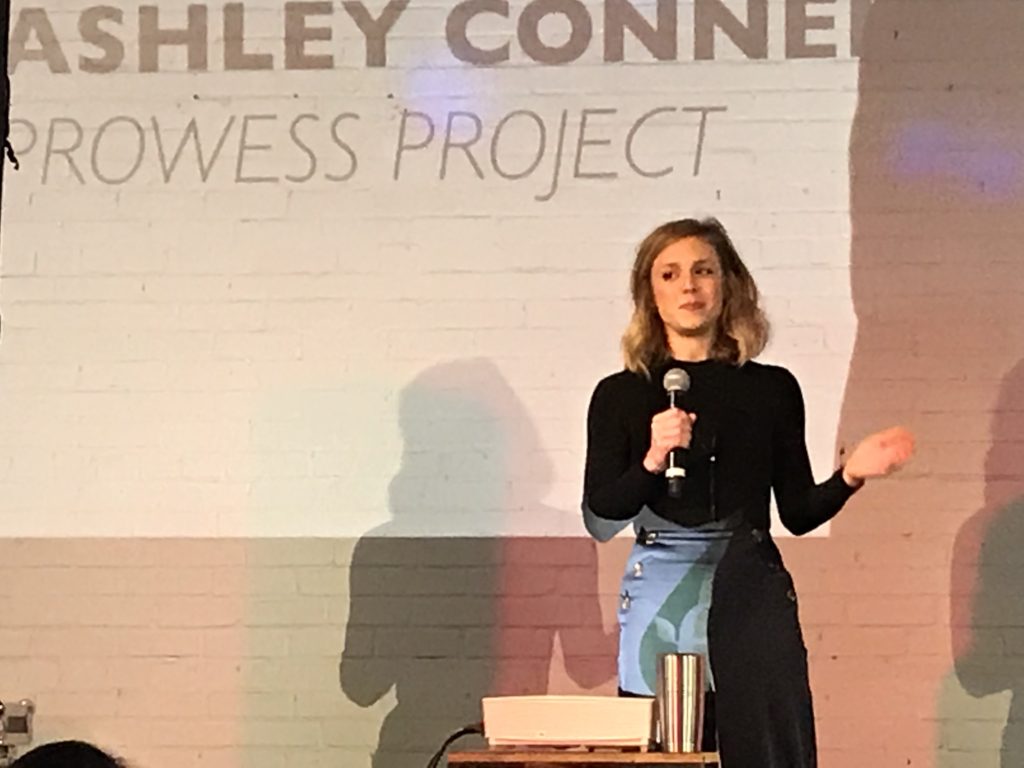
Prowess Project – founded by Ashley Connell. The startup is an online marketplace of fractional employees. It finds
ISAJI Technologies – co-founded by Baba Nureni Yusuf. The Houston-based startup addresses the problem of out of stock items for retailers. It has created ItemSensor as a retail inventory tracking technology to help reduce out of stock items. It’s in pilot projects right now, Yusuf said.
A Mana Project – founded by Gina Morales. The project is looking to bring Science, Technology, Engineering and Math, known as STEM, resources to young children of the world. It is currently in product development. Morales is the founder of Austin STEM Academy, a STEM pre-school.
Bearable -founded by Harini Bhamidiapati. The startup provides a gamified app for chronically ill patients to improve their fitness and lifestyle. They plan to collaborate with doctors, hospitals on the app. She has two pilots in the works focused on lupus and chronic pain.
Innerwork – founded by Jonathan Aird. The startup created a fitness app for mental health. It helps people establish healthy daily habits that will bring happiness.

Check – founded by Michael Odiare. The Dallas-based startup is modernizing traffic stops. One of the leading causes of death for law enforcement is during a traffic stop. It’s also the cause of many deaths of unarmed motorists. He came up with the app after he was pulled over for having a missing front license plate and found himself staring down the barrel of a gun. He did 40 ride alongs with police officers to understand the problems of traffic stops. His app for law enforcement and motorists can initiate better communication during a traffic stop. It’s like Facetime for a traffic stop, Odiare said.


